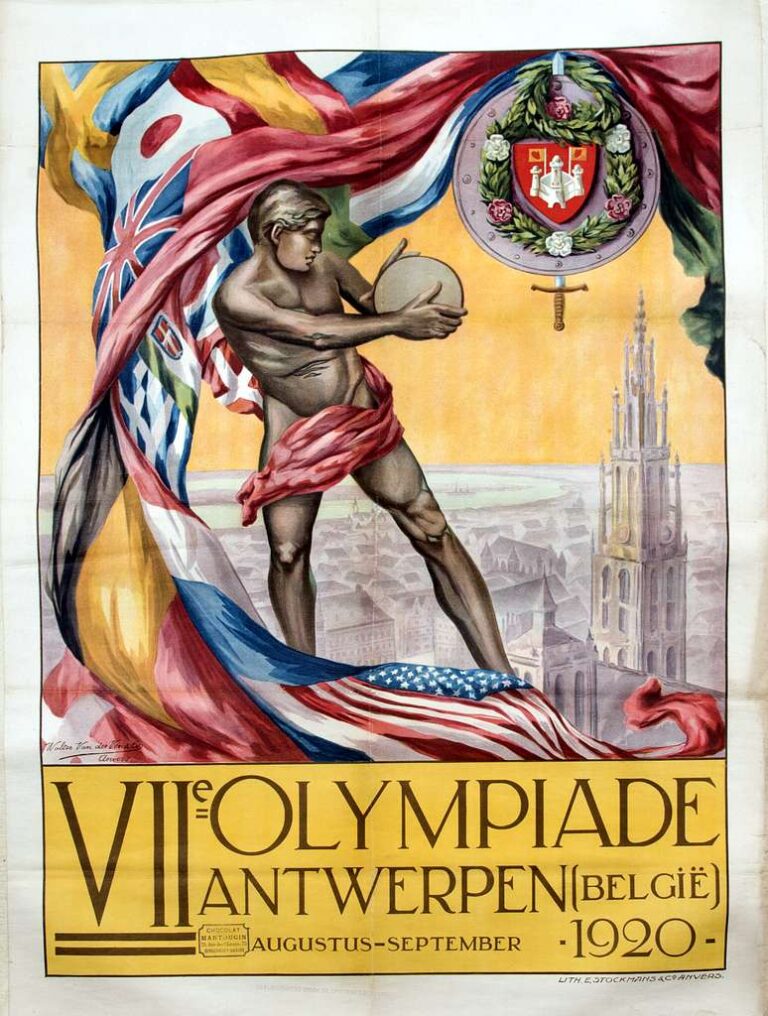The Olympic Games
The Evolving Legacy of the Olympic Games
The Olympic Games, with it’s origins shrouded in myth and ancient religious practice, stand as a testament to humanity’s enduring fascination with athletic excellence and international unity. Originating in Ancient Greece around 776 BC, the Games were not merely a sporting event; they were a multifaceted celebration of the human spirit, interwoven with religious rites and cultural festivities. Held in Olympia in honor of the god Zeus; the ancient Olympics symbolized a rare period of peace among often warring city-states, as a sacred truce, known as the ekecheiria enabled athletes and spectators to travel safely to the continent’s foremost athletic festival.
In ancient times, the Games played a pivotal role in the intellectual and cultural life of Greece. Competitors, distinguished solely by their athletic prowess, competed in events such as running, wrestling, and the pentathlon; a combination of five different contests that tested speed, strength, and skill. The victories awarded were not solely personal triumphs for the atheletes but also honored the city-states they represented, thereby intertwining individual excellence with communal pride and honour.
The cessation of the ancient Olympic tradition, often attributed to the socio-political shifts and the rise of Christianity in the late Roman Empire, marked the end of an era but the preservation of its foundational ethos. Centuries later in 1869, the modern revival spearheaded by French educator Baron Pierre de Coubertin, was underpinned by a vision that transcended mere athletic competition. De Coubertin saw the Games as a vehicle for promoting international solidarity, cultural exchange, and the peaceful resolution of conflict, which was somewhat a radical idea considering this period was rife with nationalism and colonial tensions. The modern Olympics, however, evolved into a global spectacle that juxtaposed the purity of ancient ideals with the complexities of contemporary geopolitics and commercial interests.

In the 20th century, as the world became more interconnected by rapid advancements in communication and transportation, the Games grew into a platform for political expression, protest, and even controversies related to doping and commercialization. Despite such challenges, the intrinsic values of fair play, respect, and the quest for excellence have continued to underpin the movement, echoing the silent yet profound legacy of its ancient predecessor.
Today, the Olympics function not only as a sporting event but also as a mirror reflecting broader societal trends. They serve as a stage where issues regarding racial inclusion, economic disparity and gender inclusion come to the forefront. As new sports and competitions are incorporated into the program, the Games also redefine what it means to be an athlete, inviting debate on how tradition and progress can coalesce in a global arena. Reflecting on the historical transformation from an exclusive religious festivity to an inclusive celebration of human potential, one cannot help but appreciate both the continuity of shared human values and the inevitable cultural shifts that mark our collective journey.
